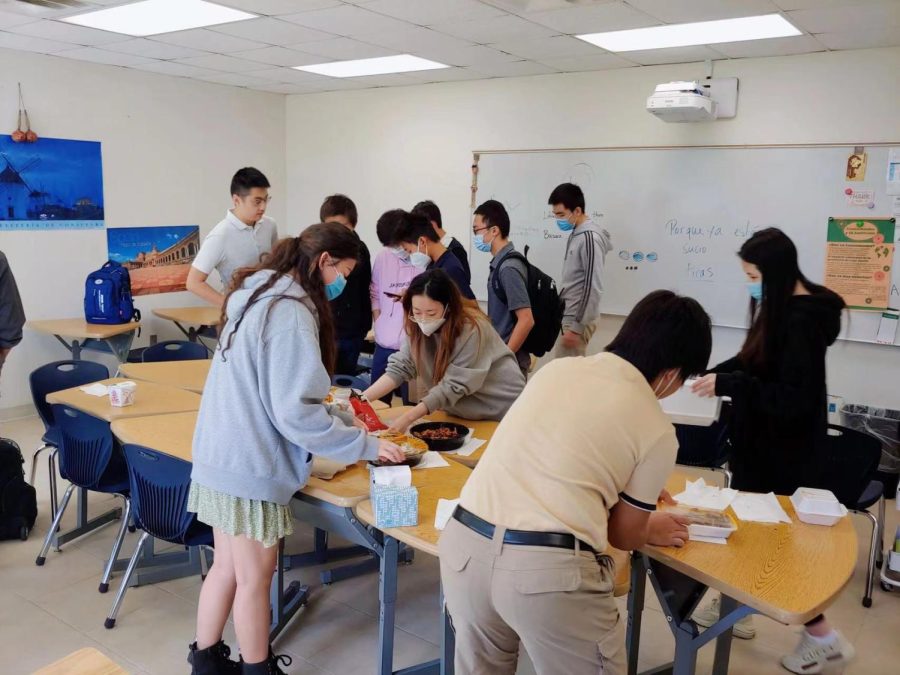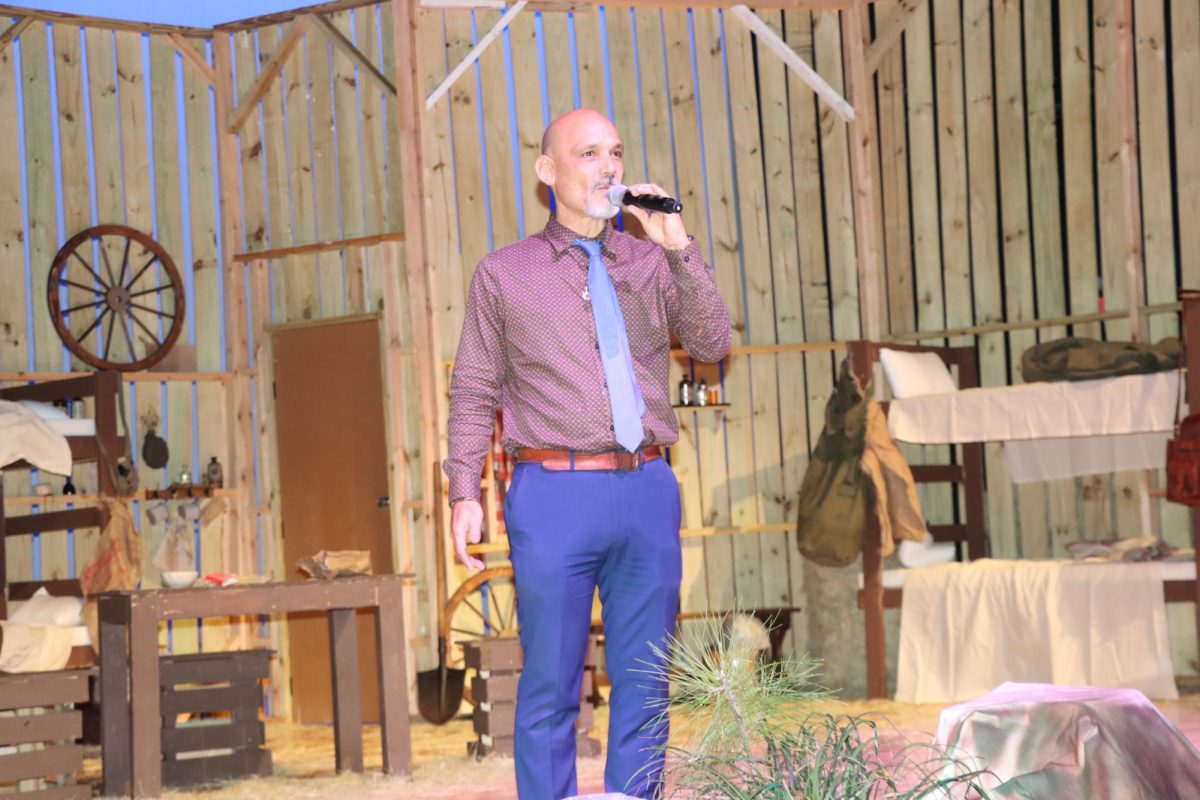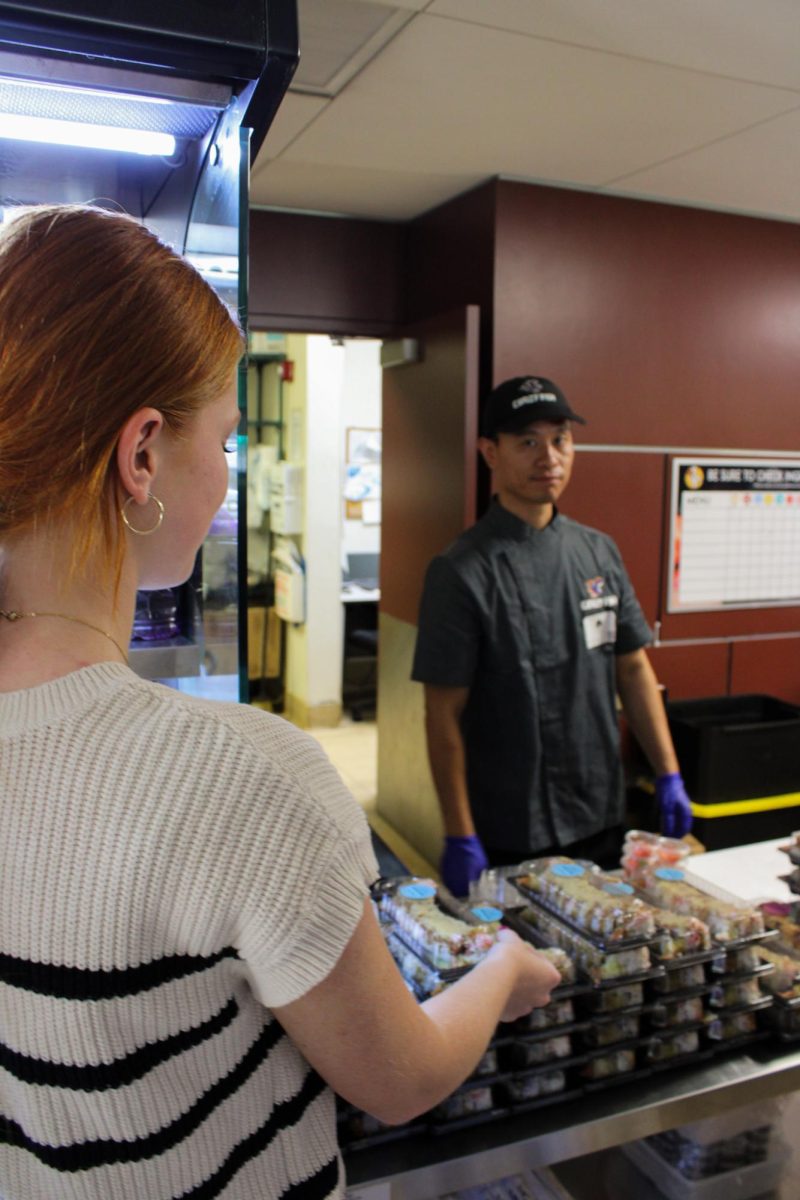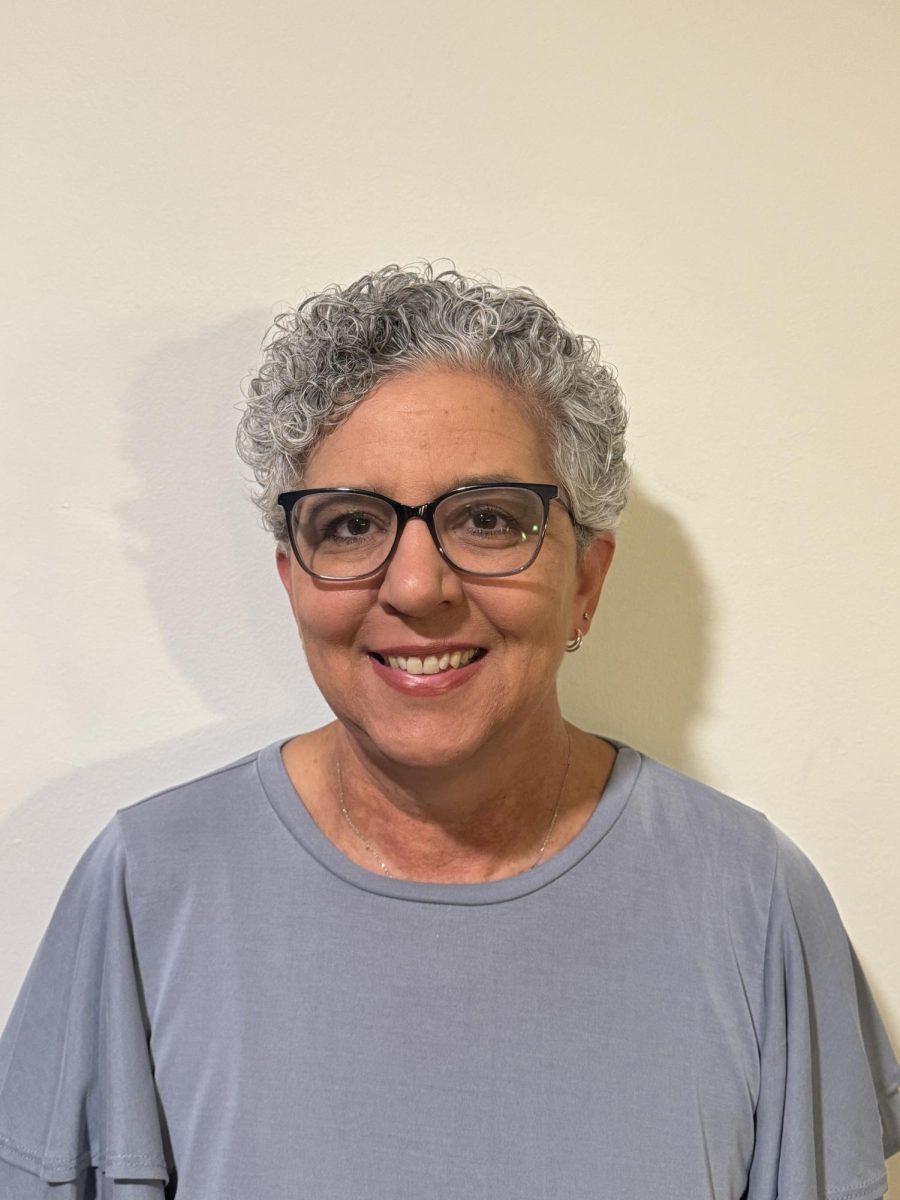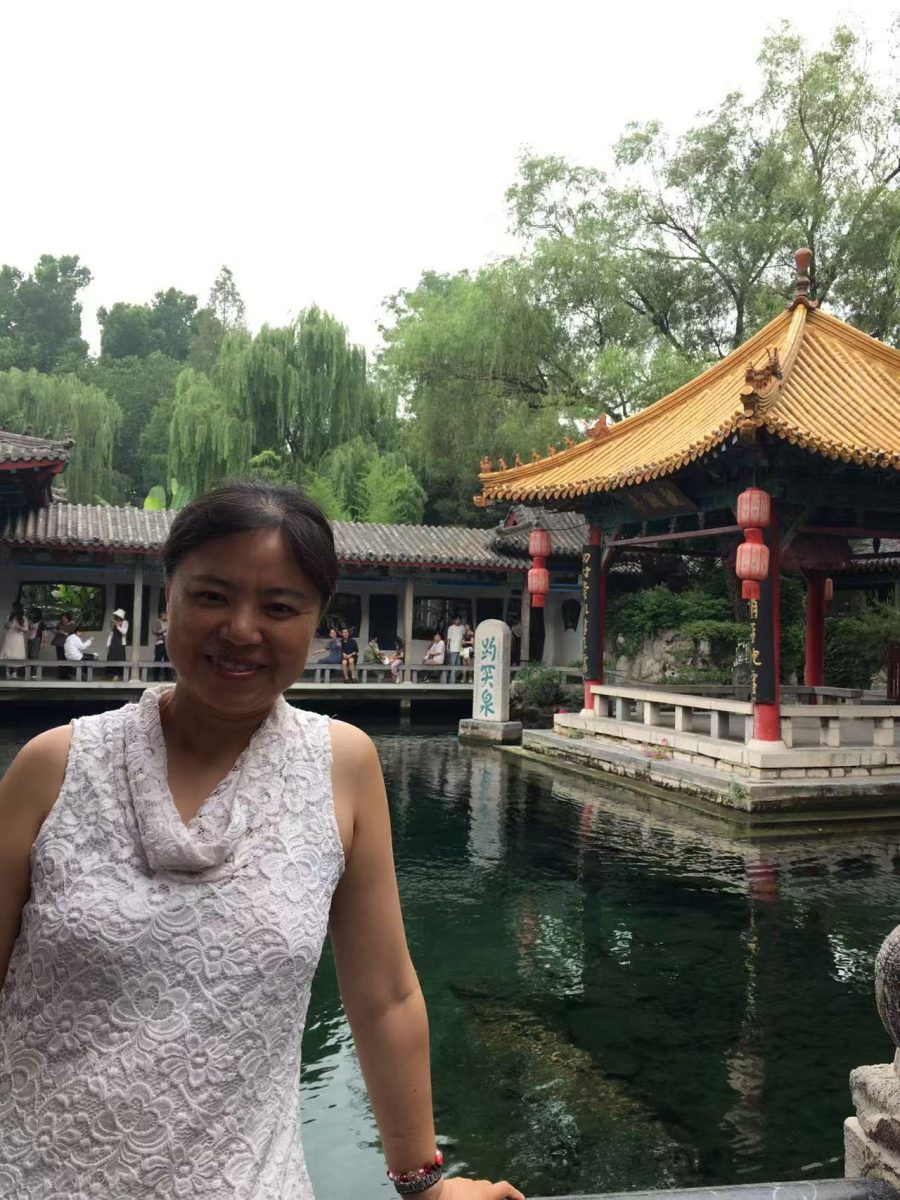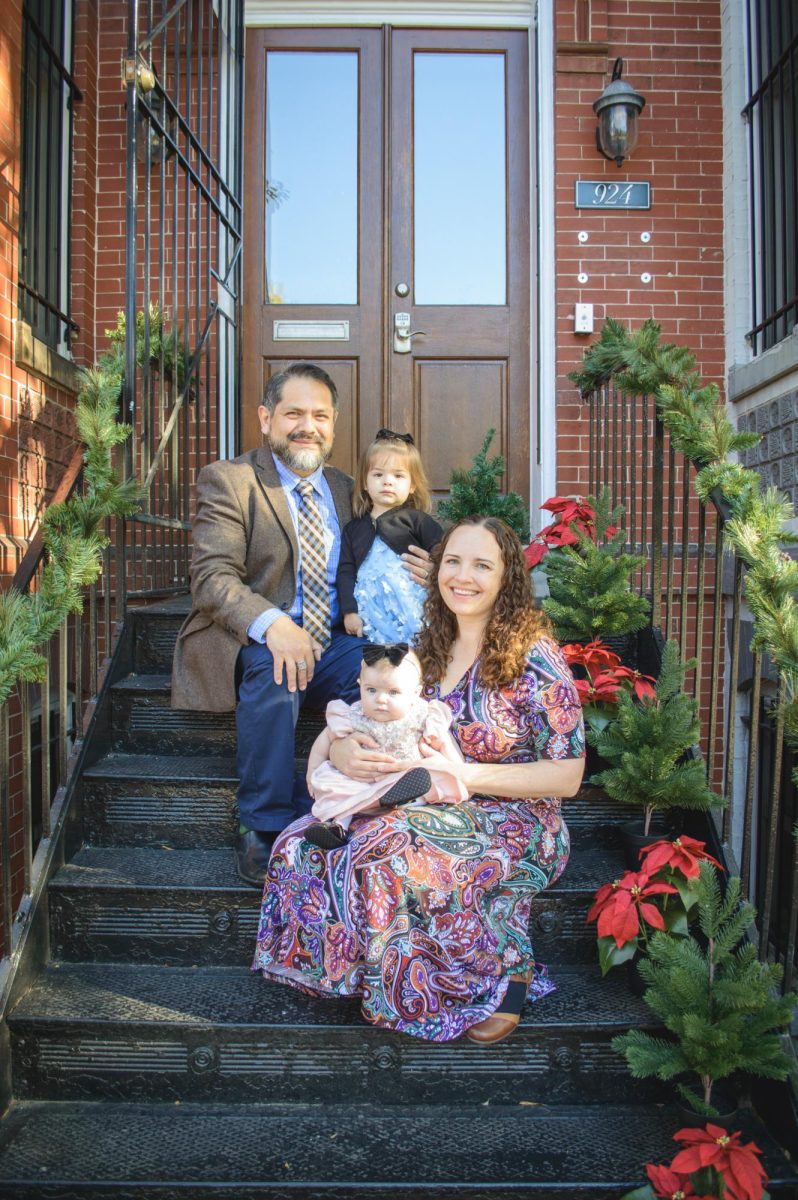Feb. 1 marks the beginning of the 15-day festival, Lunar New Year, commonly known as Chinese New Year. Similar to American Christmas and Thanksgiving, it is a new starting point for people and a new cycle for the seasons. It is all about spending time with family, and is filled with different traditions. This festival is the most important activity for the Chinese Club, which launched last semester.
Junior Kris Lu started this club as a way of giving international students a sense of belonging. Lu is an international student from China, and she has had little contact with her family due to the pandemic, travel restrictions, and the 13 hour time difference.
“Due to Covid, I really don’t have a chance to go back to China,” Lu said. “I also live with a host family, so it feels like I don’t get to speak Chinese at school or at home. It just feels so nice that I can spread my culture to Americans, and I am so happy that they are interested in Chinese culture.”
The club held a lunch for club members on Friday the 4th to celebrate Chinese New Year. Taking place in Mrs. Weaver’s room, they prepared authentic Chinese dishes and got together, also inviting non-club members.
The club has gained interest from Trinity students, consisting of 18 students this semester. Sophomore Tony Ding is from China himself, and he joined the club to spread his culture around school.
“I really like to see the cultural elements around school,” Ding said. “I like that I can see some traits of my home.”
The interest in this club increased last semester when the club distributed free mooncakes in front of the auditorium along with their work during the mid-autumn fest. Also known as the Moon Festival, the full moon symbolizes reunion of the family, and roundness of the mooncakes symbolizes togetherness. Junior Matthew Jia, a Chinese-American, joined the club after Ding due to his love for Chinese food and preserving his culture.
Jia’s favorite memory was one of the periodical lunches the club holds and getting together with others to celebrate. One of the most important parts of Chinese holidays is spending time together, with family and friends.
“Back in China, we would have a break from everything that we do and go back to our hometowns to meet our grandparents,” Ding said. “Everybody would come together to feast.”
The pandemic has changed how Chinese New Year is celebrated. Many of the students cannot go back to China to see their families.
“We now FaceTime our families, and we still hold parties between neighbors and friends,” Ding said. “That is pretty much all we can do.”
However, some of the traditions still live on. Jia mentions that his family still participates in the festivities of this holiday, which comes from the ancient story of how the Chinese defeated a dragon by blowing up fireworks and wearing red.
“In China, during New Years’, they blow up firecrackers and fireworks on the streets, and we still try to do that here,” Jia said. “We also do the red envelope giving, and we eat fish and a lot of traditions, and food centers around wealth.”
Lu’s goal for the club is to try to make Chinese students feel welcomed and still see some of their culture and traditions around school. Jia and Ding believe that it is important for Americans to know about the festival and traditions.
“It is very important to us, as a community, to acknowledge that Chinese people have this tradition, and have to celebrate,” Ding said. “The club is mostly Chinese students who moved from China, so we can relate to each other, and feel a relationship as a family.”
Lu has bigger plans for the club for years to come, and she hopes to get more people to participate.
“Although the Chinese club has only been founded for a semester, I hope we can do better in the future, and I’m looking forward to seeing more students join the club to celebrate, or to get to know our culture,” Lu said.
Overall, Jia believes that this club is important to have on campus to represent Chinese students, especially for students to stay connected with their roots.
“There is a larger Chinese student body on this campus and it is very important to accentuate Chinese culture, especially in a different country,” Jia said. “Even for the people who aren’t Chinese, it is still interesting to learn about a new culture and a new perspective. But I think especially overall, it is a really important way for us to keep our heritage.”




